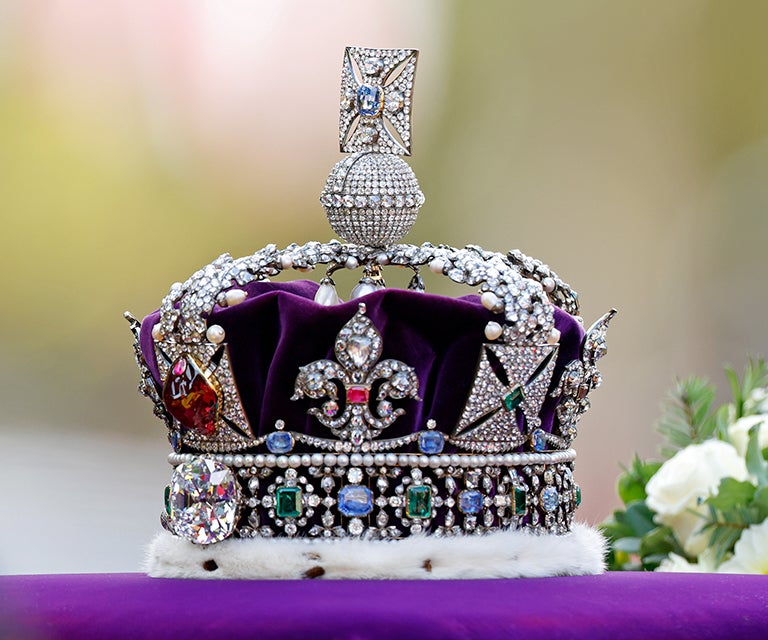The passing of Queen Elizabeth II has sparked a long-needed discussion about the role of the monarchy and the legacy of the British Empire. This empire included 15 countries for which the queen was the head of state, including my family’s Jamaica, as well as 40 other Commonwealth members, of which she was the leader.
Many commentators defended her imperial record, one declaring that, “she oversaw a decolonization process that played out around the world, and did so with a great sense of responsibility and duty.” Indeed, the queen took her colonial role seriously, sending the following message to “peoples of the British Commonwealth Empire,” while still a princess in 1947: “I declare before you all that my whole life, whether it be long or short, shall be devoted to your service and to the service of our great imperial family to which we all belong.” The problem is that the outcomes for those in the “imperial family” have always been based on the logic of white supremacy: that Black and brown life is disposable to secure the prosperity for those deemed white.
The queen is the perfect representative of the new age of empire, which poses as benevolent but is based on the same racist logic of the classic colonial period. When she ascended to the throne in 1953, her role as monarch was almost entirely symbolic and Britain was dismantling its empire, ceding to demands from the colonies for their independence. As the powerless figurehead of the empire, her bestowing freedom on colonial subjects was apt—because independence, too, was often largely symbolic. The illusion of political power masked the reality that the economic exploitation of the former colonies remained intact and remains so to this very day.
Take a glance at a map of the world by gross domestic product per capita and it will be obvious that the poorest parts of the world are where the Black people live, the richest the white West, with a ladder of relative suffering in between. The racist paradigms through which the West views the world tend to blame poor people for their poverty. Many observers call corruption an affliction of those in the underdeveloped world, and blame it as the main cause of continued inequality. Thirty African countries lost an estimated $1.8 trillion in so called “capital flight” between 1970 and 2015, far more than the $991 billion received in aid. But if you consider where the money comes from and where it ends up, it is abundantly clear…
Click Here to Read the Full Original Article at Scientific American Content: Global…

